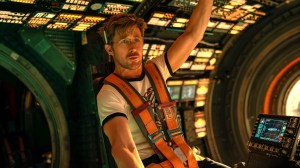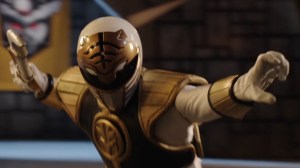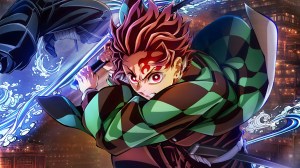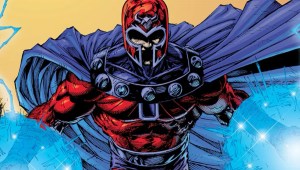Some works refuse to remain static relics of their release year; they breathe differently each time you return to them. These are the anime that grow with you, that meet you at different stages of your life and still have something new to say.
Videos by ComicBook.com
As society evolves, so do the interpretations of these works. For example, the environmental warnings of Princess Mononoke feel more urgent in the face of climate change, while the questions of identity and technology in Ghost in the Shell grow increasingly relevant in the age of AI and digital consciousness.
7. Monster

What if saving a life meant unleashing a monster? That’s the question at the heart of Monster, one of the most psychologically complex and morally gripping anime series ever made. Unlike most anime that rely on action or spectacle, Monster thrives on psychological realism. Younger viewers might see a gripping cat-and-mouse thriller; older viewers see a deeply human tragedy that questions whether doing good always leads to good outcomes. As you mature, you catch subtleties — the social critique of postwar Germany, the commentary on nature versus nurture, the silent terror in the main character, Johan Liebert’s charisma. These are details that only time and experience teach you to notice.
6. Serial Experiments Lain
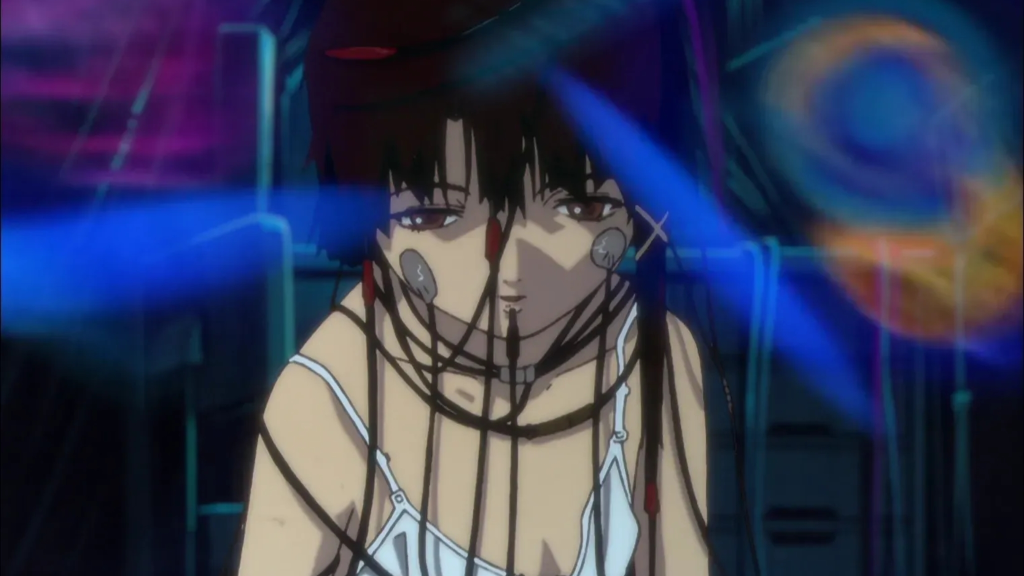
There are few anime as mind-bending and ahead of their time as Serial Experiments Lain. It’s not just a story — it’s an unsettling dive into the blurred boundaries between reality and the digital world. Released in 1998, this avant-garde series feels eerily prophetic in today’s age of social media, virtual reality, and artificial intelligence. Lain is not an easy watch, but that’s precisely why it’s a masterpiece that gets better with age. The anime is about a shy, introverted teenage girl named Lain Iwakura, whose life takes a bizarre turn when a classmate commits suicide — and then sends an email to her peers after her death, claiming that she’s still alive in the digital realm known as “The Wired.” As Lain begins exploring The Wired, she discovers strange phenomena that challenge her perception of reality.
5. Princess Mononoke

Directed by Hayao Miyazaki and released in 1997, Princess Mononoke is a masterpiece that grows richer with time, offering new layers of meaning as you mature and come to understand the complexities of the world it portrays. The story follows Ashitaka, a young prince cursed by a vengeful boar god corrupted by human greed. Seeking a cure, he journeys to the West and discovers a land embroiled in conflict. The humans of Iron Town, led by the ambitious and pragmatic Lady Eboshi, are exploiting the forest for resources, angering its guardian spirits and gods.
Among these is San, a warrior raised by wolves, who fights to protect the forest at all costs. Ashitaka is caught between these opposing forces, striving to bring peace while grappling with the harsh realities of human ambition and nature’s wrath. In 1997, the film’s warnings about deforestation, exploitation, and the delicate balance of ecosystems were powerful but perhaps abstract to many viewers. Today, with the realities of climate change and dwindling biodiversity, its themes hit like a wake-up call.
4. Ghost in the Shell (1995)

This 1995 cyberpunk masterpiece is not just a visual marvel but a deeply philosophical exploration of identity. The film follows Major Motoko Kusanagi, a cyborg working for Section 9, an elite task force specializing in counter-cyberterrorism. Set in a highly digitized future where humans can augment their bodies and minds with cybernetic enhancements, the story revolves around the pursuit of a mysterious hacker known as the Puppet Master. But Ghost in the Shell is much more than a high-tech thriller. As Kusanagi investigates, she grapples with profound questions about her own identity and existence. With most of her body replaced by machinery and her mind connected to the digital “Net,” she begins to wonder: What defines a person? As you revisit the film, you come to appreciate not just its narrative depth but also its technical brilliance and how it continues to influence the visual language of modern sci-fi, from The Matrix to Blade Runner 2049.
3. Akira
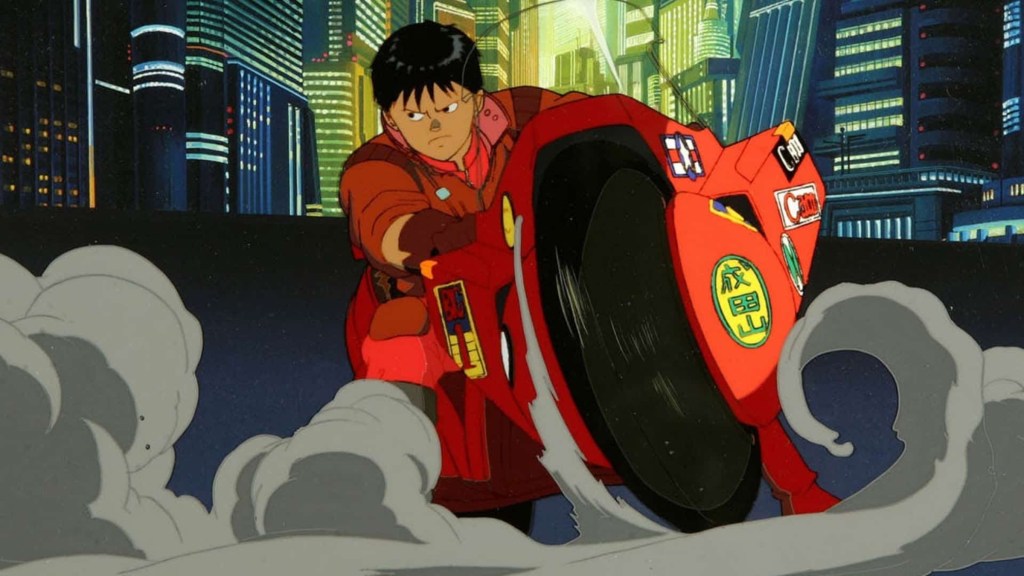
Akira is a cinematic masterpiece that redefined animation and science fiction forever. Released in 1988 and directed by Katsuhiro Otomo, Akira is a stunning exploration of power, corruption, and the fragile balance of civilization. Its influence can be seen everywhere, from The Matrix to Stranger Things, but what truly sets it apart is how it grows in relevance and resonance with each passing year. Set in the cyberpunk metropolis of Neo-Tokyo in 2019, Akira tells the story of Kaneda and Tetsuo, two childhood friends caught up in the chaos of a world spiraling out of control. Tetsuo, after a motorcycle accident, begins to develop psychic powers that grow increasingly unstable and destructive. As his abilities spiral beyond his control, they threaten to unravel not only his humanity but the fragile fabric of Neo-Tokyo itself. Humanity keeps pressing forward, even as the world burns brighter with the fires it ignites. Each decade brings us closer to its prophecy, and that’s what makes Akira not just better with age — but scarier.
2. Cowboy Bebop
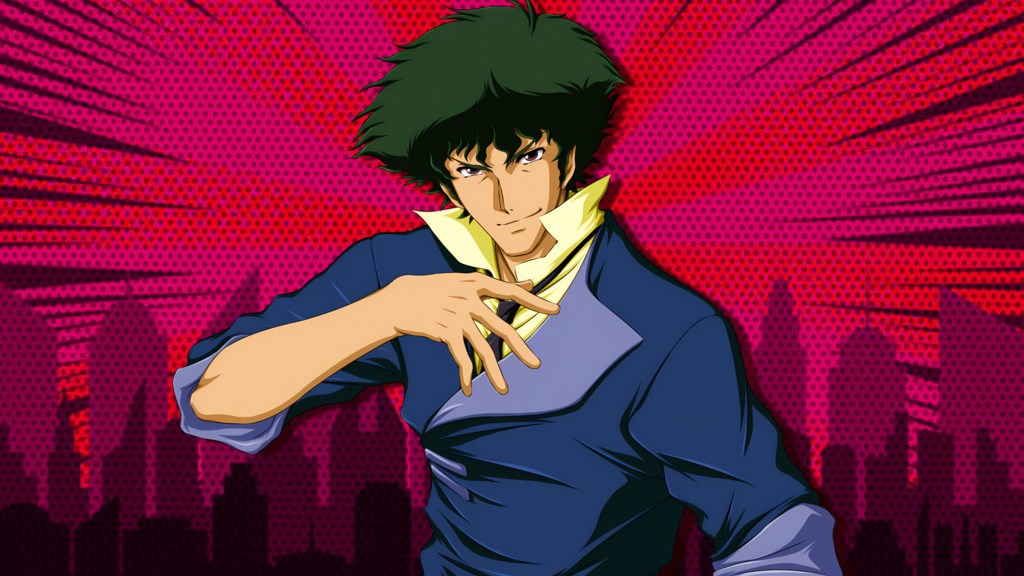
What makes Cowboy Bebop truly special is how it grows with you. The older you get, the more its themes of loneliness, regret, and the search for meaning resonate, making it a show that only deepens with age. Cowboy Bebop is about a ragtag group of bounty hunters as they travel through space aboard the Bebop, chasing criminals for money. Each member of the Bebop crew is haunted by their past, unable to escape the ghosts of the lives they left behind. Spike is a former hitman who can’t let go of his tragic love story and his ties to the criminal underworld. Jet is a former cop betrayed by those closest to him. Faye is an amnesiac searching for her identity. And while their adventures are often laced with humor and absurdity, the series constantly circles back to the pain of their unresolved pasts.
1. Neon Genesis Evangelion
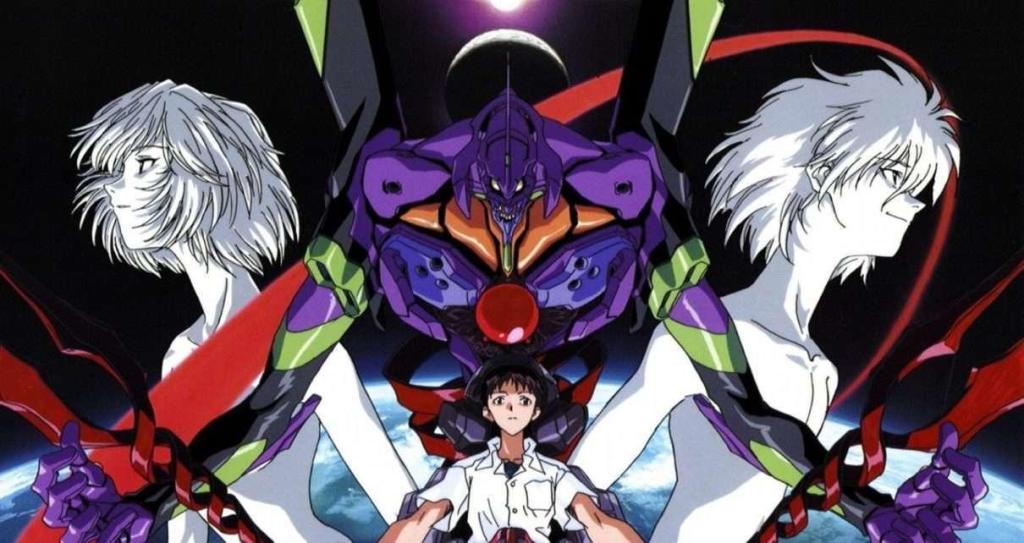
Directed by Hideaki Anno and released in 1995, the series begins as a thrilling mecha anime but quickly transforms into an intense exploration of human psychology, trauma, and existentialism. Few shows have left as profound a mark on anime and pop culture as Evangelion. Evangelion is heavily influenced by existentialism, psychoanalysis, and religious symbolism, drawing from thinkers like Freud, Nietzsche, and Kierkegaard. What truly sets it apart is its willingness to embrace ambiguity. The final episodes, famously abstract and polarizing, strip away the mecha battles and focus entirely on the characters’ psyches. It’s a bold, divisive choice that forces viewers to confront the series’ deeper themes head-on. While this can be confusing or even frustrating for younger audiences, it’s exactly what makes Evangelion so powerful with age. Ultimately, the anime is a timeless masterpiece because it’s not just about saving the world — it’s about saving yourself.
What do you think? Leave a comment below and join the conversation now in the ComicBook Forum!





